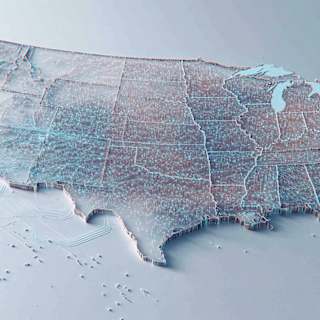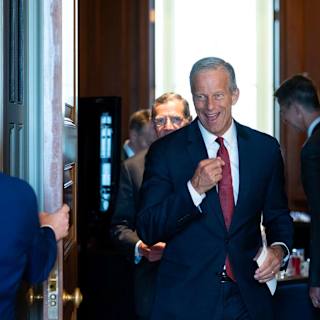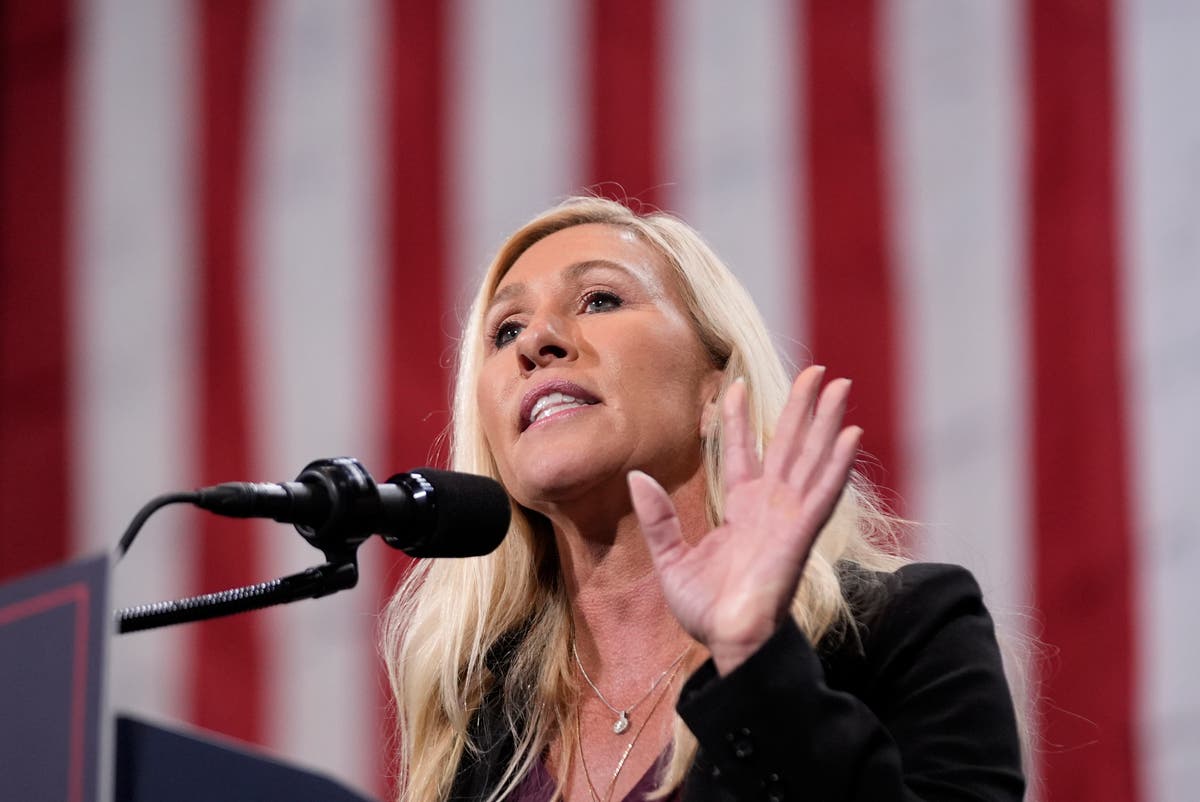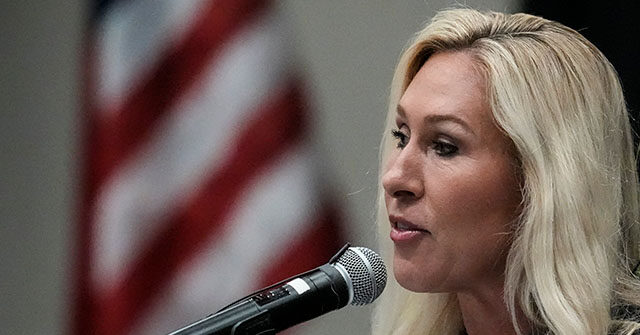- Federal Ban Targets 'Dangerous' Practices
- Wave of State-Level Restrictions
- Scientific Community Raises Concerns
Rep. Marjorie Taylor Greene announced Saturday she will introduce federal legislation to ban weather modification activities, making it a felony to inject chemicals into the atmosphere for the purpose of altering weather patterns. The Georgia Republican's proposal would criminalize practices like cloud seeding, which scientists use to increase precipitation in drought-stricken regions.
Greene's bill represents the latest escalation in a nationwide push against weather modification technologies, with 22 states introducing similar bans in 2025 alone. The legislation builds on Greene's previous claims that the federal government can control weather, assertions that drew rebuke from President Biden and scientific agencies during last year's hurricane season.
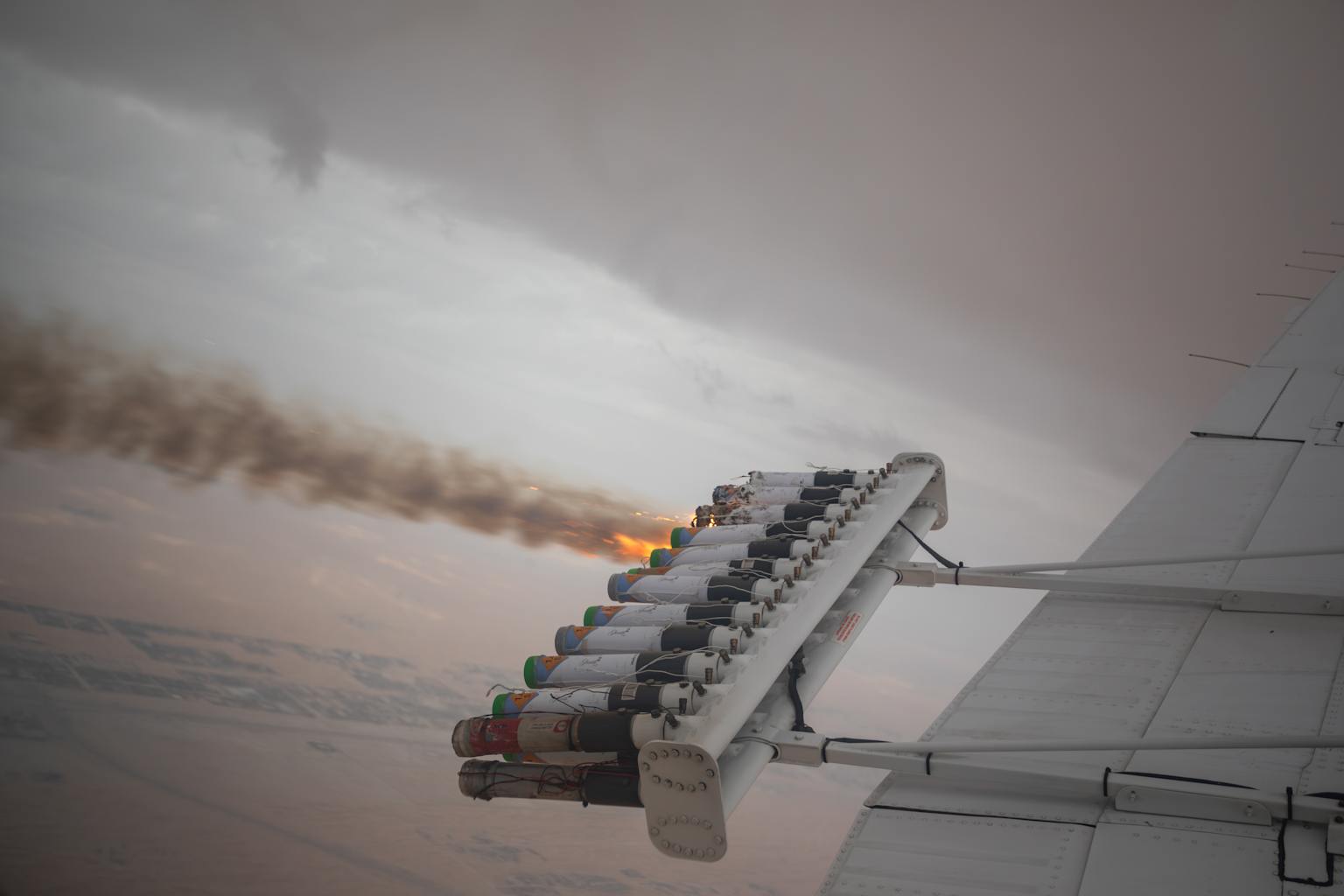
"I am introducing a bill that prohibits the injection, release, or dispersion of chemicals or substances into the atmosphere for the express purpose of altering weather, temperature, climate, or sunlight intensity," Greene wrote on X1. "It will be a felony offense."
Greene said she has been working with legislative counsel for months to craft the bill, which she described as similar to Florida's Senate Bill 561. That legislation, which passed the Florida legislature this year, increased penalties for unauthorized weather modification from $500 to $10,0002.
"We must end the dangerous and deadly practice of weather modification and geoengineering," Greene added, calling for "clean air, clean skies, clean rain water, clean ground water, and sunshine just like God created it"1.
Greene's proposal comes as states across the country move to restrict weather modification. Tennessee became the first state to enact such a ban in 2024, with lawmakers in 30 states total now having proposed similar measures1. Arizona and Florida have passed bills through their state senates.
According to a Rasmussen Reports survey, 60% of Americans support laws banning weather modification, while 44% believe government agencies may already be secretly releasing chemicals into the atmosphere2.
The push for bans has been fueled by conspiracy theories linking weather modification to natural disasters, despite scientific consensus that current technologies cannot create or steer hurricanes34.
Weather modification experts warn that blanket bans could harm legitimate research programs. Cloud seeding, which introduces silver iodide particles into clouds to increase precipitation, is currently used in nine states and represents a growing $146.6 million market12.
"These state legislations feel a little bit like a knee-jerk reaction," said Deborah Sivas, a Stanford environmental law professor3. Research suggests cloud seeding may increase precipitation by up to 20 percent under optimal conditions2.
The National Oceanic and Atmospheric Administration has been forced to clarify that it "does not modify the weather or fund, participate in, or oversee cloud seeding or any weather modification"4.


